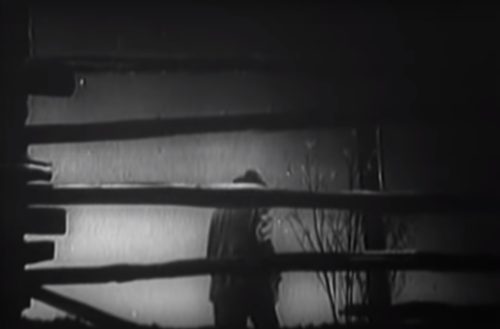A brand new study in The Journal of Rural Health highlights significant disparities in access for mental health treatment, based on geography.
The results aren’t surprising:
Urban dwellers with private insurance were far likelier to receive mental health care than rural dwellers with private insurance.
Is that because urban people are more depressed? Or simply because they have better access to mental health care?
Well, studies have shown similar prevalence in mental health disorders between those living in the city and rural areas.
The authors suggest access plays a big role.
There are fewer mental health specialists in rural areas. That might be why folks living in rural areas had to pay higher co-pays for their treatment, mostly due to out-of-network costs.
Obviously, higher copays place a financial burden on rural-dwellers who are probably even less likely to be able to afford those copays than urban dwellers.
Both higher copays and lack of specialists (i.e. psychiatrist and psychologists) probably contributed to more rural patients seeking care from their primary care physician.
PCP’s are great, but they’re not specialists.
Now… the authors merely speculate that those could be issues behind rural dwellers lagging urban dwellers in accessing mental health treatment.
Another fascinating study of studies from last year in The Journal of Clinical and Translational Science noted that there seem to be other factors at play, as well, including a greater stigma towards these conditions in rural areas (the rugged individualism thing) and less literacy on mental health issues.
Access, finances, stigma — all of these and more seem to be an issue.
So what can be done?
Well, for access, the authors of the Journal of Rural Health study suggest programs that incentivize specialists to move to rural areas.
And second, they argue for an expansion of teletherapy services.
Teletherapy is effective, but the pandemic provided fertile ground for studies on its effectiveness. And, not surprisingly, it turned out that teletherapy was less effective than in-person therapy, unfortunately.
That being said, teletherapy does have advantages.
For example, it’s more convenient (no commute) and thus breaks down one significant barrier to entry, especially for rural folks. The New York Times gives a largely positive view of it in this piece, while acknowledging some of its key deficiencies.
If you’re looking for a provider in your area, Psychology Today has a great little zipcode screener, and you can even sort based on whether a provider offers teletherapy.
So…
Find a psychiatrist here.
Find a therapist here.
[Screencap: The wonderful 1940 movie version (and even more wonderful theme by Aaron Copeland) of Thornton’s Wilder’s famous play “Our Town”].

